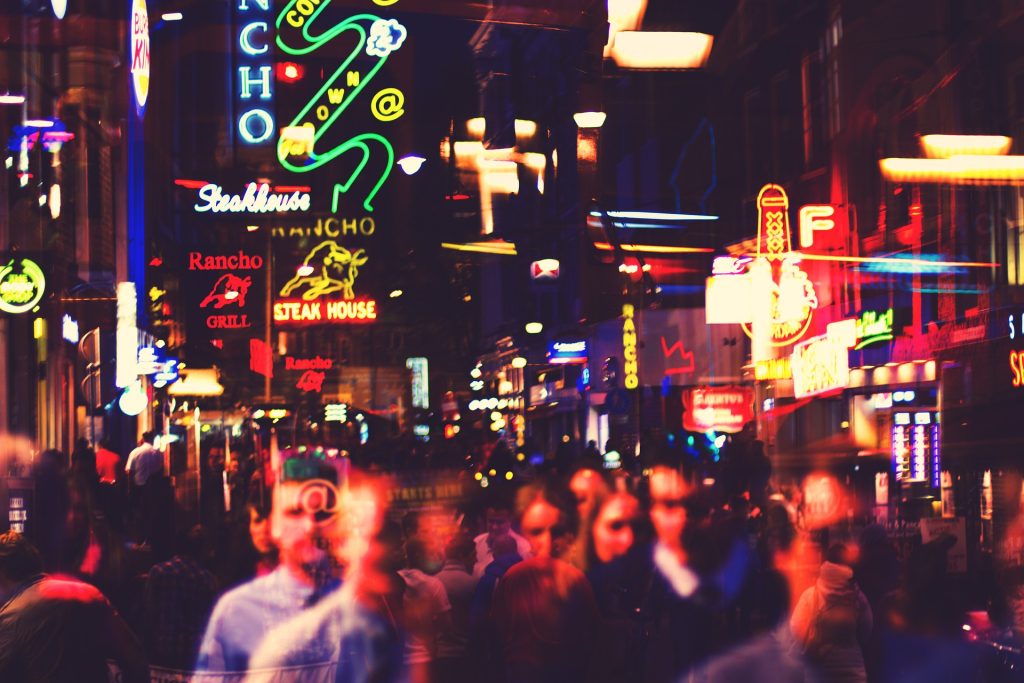 1. Introduction
1. Introduction
Barcelona, vibrant and full of history, is a city many travelers dream of visiting. From the stunning architecture of Antoni Gaudí to the lively streets of Las Ramblas, Barcelona attracts millions of tourists each year. But beneath the surface, many locals have grown increasingly frustrated with the flood of visitors. Why is this beautiful city, often seen as a top travel destination, also becoming a place where residents wish tourists would stay away?
2. A Brief Overview of Barcelona
Barcelona, the capital of Catalonia, is famous for its blend of modernism and history, with landmarks like the Sagrada Família, Park Güell, and the Gothic Quarter attracting tourists from around the globe. Nestled between the Mediterranean Sea and rolling hills, the city offers rich culture, vibrant nightlife, and incredible culinary experiences.
However, despite its beauty, the city’s infrastructure is struggling to keep up with the sheer number of visitors, with over 30 million tourists visiting annually, compared to the city’s population of 1.6 million. This disproportionate number has significantly altered everyday life in Barcelona, creating tension between locals and tourists.
3. The Local Perspective
For many Barcelonians, the rapid influx of tourists has brought a series of unwanted changes to their city. Here are some of the main reasons why locals are unhappy:
- Cultural Impact: Barcelona’s rich cultural heritage is often overshadowed by tourist activities. Traditional festivals like La Mercè or Sant Jordi are increasingly commercialized, catering more to visitors than to locals. The authenticity of neighborhoods like the Gothic Quarter is being eroded, with local shops replaced by tourist-focused businesses.
- Social Disruption: Many residents feel that the character of their neighborhoods is disappearing. Airbnb rentals and short-term accommodation have driven up rent prices, forcing locals out of central districts. In areas like Barceloneta, where families have lived for generations, residents have taken to the streets in protest, frustrated by noise, disrespectful behavior, and overcrowding.
- Environmental Concerns: The sheer number of visitors also places a heavy burden on the city’s resources. Streets, public transportation, and green spaces are often overcrowded, while pollution from increased traffic threatens both the environment and the quality of life for residents. The beaches, once a local retreat, are now crowded year-round, leaving little space for those who call Barcelona home.
4. The Impact of Overtourism
Barcelona has become a case study in overtourism, where the negative effects of tourism outweigh its benefits. The city’s residents face a range of issues due to the overwhelming number of visitors:
- Skyrocketing Housing Costs: Due to platforms like Airbnb, many apartments once available for local families are now being rented out short-term for tourists, inflating rent prices in central areas. As a result, long-time residents are being pushed out to the outskirts of the city.
- Decreased Quality of Life: Popular areas like Las Ramblas and the Gothic Quarter are now more akin to tourist traps than community spaces, filled with souvenir shops and fast food chains rather than local businesses. For many locals, it’s impossible to enjoy their own city without constantly navigating crowds.
- Infrastructure Strain: Public transportation, sanitation, and local services are struggling to cope with the tourist load. The city has had to spend significantly more on maintaining and upgrading its infrastructure just to meet the increased demand.
5. Respectful Travel Tips
If you still plan to visit Barcelona, it’s crucial to do so in a way that respects the local culture and minimizes your impact. Here are some tips for responsible tourism in the city:
- Stay in Locally-Owned Accommodations: Avoid booking through platforms like Airbnb in central areas, and instead, opt for locally-run hotels or hostels. This ensures your money supports the community directly without contributing to the housing crisis.
- Visit Less Popular Attractions: While the Sagrada Família and Park Güell are must-sees, consider exploring lesser-known sites like Bunkers del Carmel or the quiet streets of Gràcia. This reduces pressure on over-touristed areas.
- Respect Local Customs: Learn about the Catalan culture and participate in local festivals in a respectful manner. Engage with locals, support small businesses, and avoid behavior that could be seen as disruptive.
- Be Environmentally Conscious: Take public transportation, use reusable water bottles, and be mindful of your waste. Keep the beaches and streets clean, and follow local recycling practices.
6. Ethical Considerations
The ethical debate about visiting over-touristed destinations like Barcelona is important. On the one hand, tourism is a key part of the city’s economy. On the other, the quality of life for locals has clearly deteriorated due to the massive influx of visitors. As a traveler, it’s important to consider the impact your presence may have on a community. Is it responsible to visit a place where locals feel overwhelmed? Or is there a way to enjoy these destinations while being mindful and respectful?
The answer lies in sustainable and respectful travel practices. While tourism itself is not inherently harmful, the way we travel and interact with the places we visit can make all the difference.
7. Alternatives to Barcelona
If you are considering avoiding Barcelona due to its overtourism issues, there are other beautiful cities in Spain that offer a more relaxed and authentic experience:
- Valencia: Known for its futuristic architecture, beaches, and less crowded but still vibrant cultural scene.
- Girona: A smaller Catalan city, famous for its medieval architecture and Game of Thrones filming locations.
- Bilbao: In the Basque Country, Bilbao offers a mix of modern art and traditional culture, with the Guggenheim Museum as a highlight.
8. Conclusion
Barcelona is undeniably one of the most beautiful and culturally rich cities in the world. However, the overwhelming number of tourists has placed a significant strain on the city and its residents. As travelers, it’s our responsibility to ensure that we contribute positively to the places we visit, rather than adding to the challenges they face.
By traveling mindfully, respecting the local culture, and being conscious of our impact, we can help reduce the negative effects of overtourism and ensure that cities like Barcelona remain vibrant and livable for everyone.
9. Call to Action (CTA)
If you’re passionate about ethical travel and want to learn more about how to make a positive impact during your trips, don’t forget to subscribe to our newsletter! Follow us on Instagram for more tips on sustainable travel and discover hidden gems around the world.

